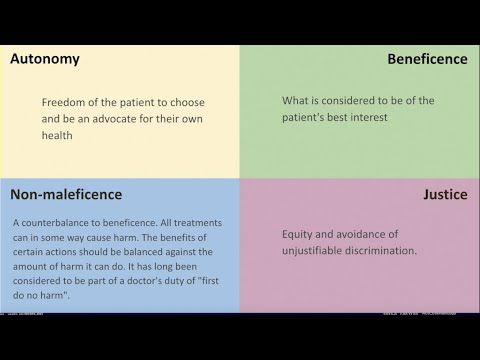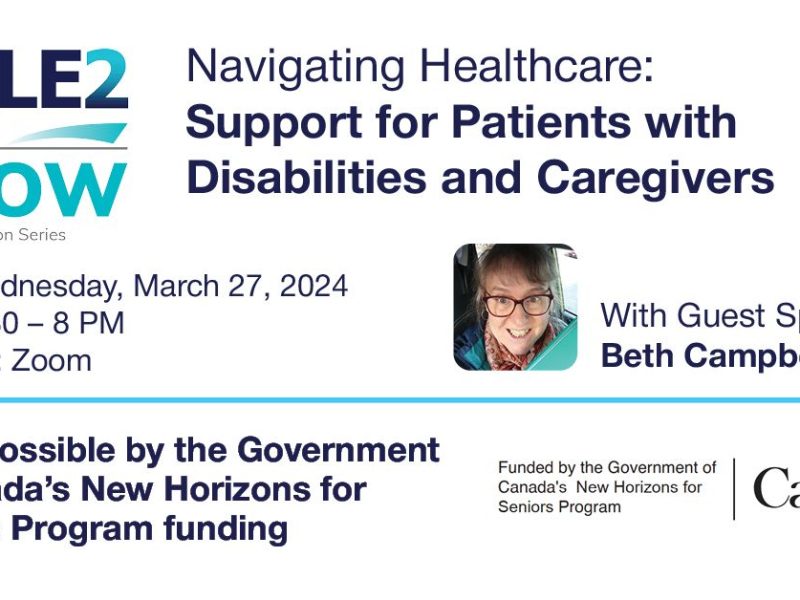Medical ethics plays a vital role in the healthcare industry as it guides healthcare professionals on the moral principles and values that govern their interactions with patients. One of the most important aspects of medical ethics is the delicate balance between patient autonomy and beneficence.
Understanding Patient Autonomy
Patient autonomy refers to the right of patients to make decisions about their own medical treatment without any external influence. It is based on the principle that individuals have the right to determine what happens to their bodies and to make informed choices about their healthcare.
Medical professionals must respect and uphold patient autonomy by providing patients with all the necessary information about their condition, treatment options, and potential risks and benefits. This allows patients to make informed decisions that align with their values and preferences.
The Principle of Beneficence in Healthcare
Beneficence is the ethical principle of promoting the well-being of patients and doing good for them. Healthcare professionals have a moral obligation to act in the best interests of their patients and to provide care that maximizes benefits and minimizes harm.
While beneficence is crucial in ensuring that patients receive the best possible care, it can sometimes come into conflict with patient autonomy. For example, in cases where a patient refuses treatment that is deemed necessary for their well-being, healthcare professionals must navigate the delicate balance between respecting the patient’s autonomy and ensuring beneficent care.
Striking a Balance between Autonomy and Beneficence
Finding the right balance between patient autonomy and beneficence is a complex and challenging task for healthcare professionals. On one hand, patients have the right to make decisions about their own healthcare based on their values and beliefs. On the other hand, healthcare providers have a duty to act in the best interests of their patients and to ensure that they receive appropriate care.
One way to navigate this ethical dilemma is to engage patients in shared decision-making processes. By involving patients in discussions about their care and treatment options, healthcare professionals can empower patients to make informed decisions that align with their values while also ensuring that beneficent care is provided.
The Importance of Ethical Decision-Making in Healthcare
Ethical decision-making is essential in healthcare as it ensures that patients receive care that is both respectful of their autonomy and beneficent. Healthcare professionals must be guided by ethical principles and values in their interactions with patients to uphold the trust and integrity of the healthcare profession.
By striking a balance between patient autonomy and beneficence, healthcare professionals can provide high-quality care that respects the rights and values of patients while also promoting their well-being. Ethical decision-making is crucial in navigating the complexities of healthcare and ensuring that patients receive the best possible care.


